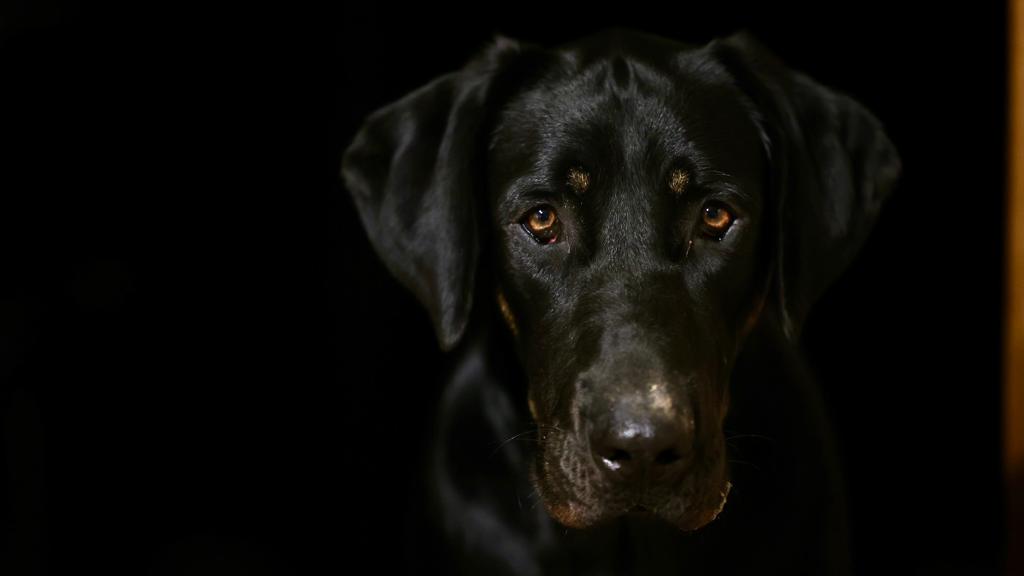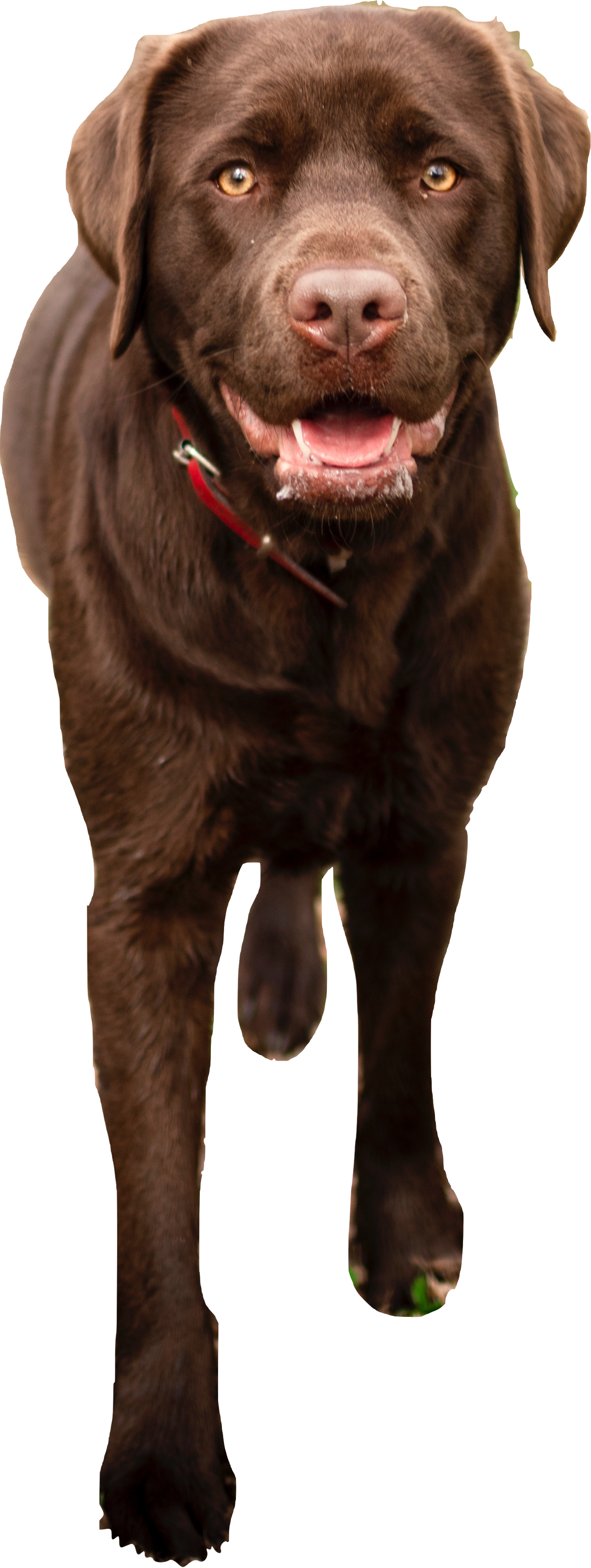Why do animals get fat?
Obesity develops when, over a prolonged period, the amount of energy an animal takes on board as food exceeds that they use up in daily life and exercise. But why does the body allow itself to get fat, which is unhealthy?
Animals evolved in conditions where it made sense to store some excess energy as fat when food was plentiful (e.g. in summer) so that they could use it to stay alive when food became scarce (e.g. in winter). The body systems that evolved haven’t yet adapted to the modern world and it’s ready and consistent availability of food.
The diagram below shows how the brain integrates information about food intake, energy (fat) reserves, and food availability and integrates them to produces sensations of fullness (satiety) or hunger.
We know genes can influence the system at many levels meaning that some dogs have a tendency to eat more, and more frequently than others.
Genetic variation means some owners have to deal with food-obsessed dogs which overeat given the chance, whilst other dogs self-regulate at a healthy weight. GOdogs research shows that, in general, food-obsessed dogs are more likely to become overweight and that owners of such dogs have to work harder to keep their dogs slim. You can read more at www.GOdogs.org.uk.
Other factors that predispose some dogs to weight gain are neutering, and medical or orthopedic conditions that reduce the amount of exercise dogs can do.




